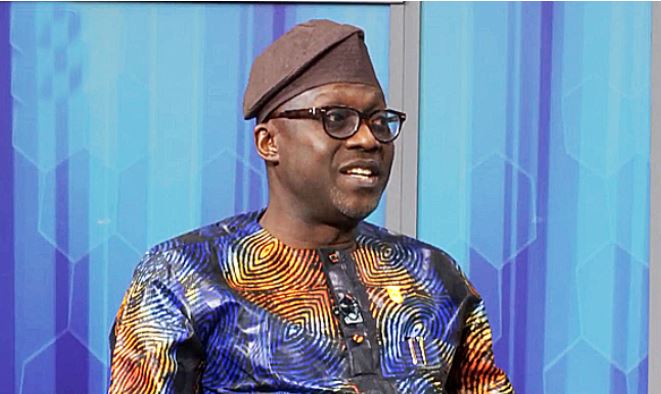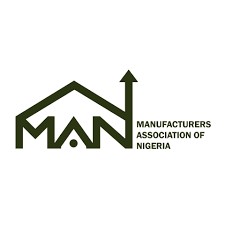Despite facing significant hurdles due to the depreciation of the naira in 2023, Nigeria’s manufacturing sector has experienced notable growth in investment, though challenges around employment generation and capacity utilization persist.

According to the Manufacturers Association of Nigeria (MAN), total investments in the sector surged by 32.56% to N429.47 billion in 2023, up from N323.98 billion the previous year. This marked increase is a positive indicator of investor confidence, but it has not been enough to offset the broader challenges facing the industry.
Segun Ajayi-Kadir, the Director-General of MAN, presented the findings during the association’s 52nd Annual General Meeting, highlighting a stark contrast between the growth in capital inflows and the decline in employment.
Despite the growth in investment, job creation in the sector dropped sharply by 37.83%, with only 10,133 new jobs created in 2023 compared to 16,300 in 2022. This decline has been attributed to the ongoing challenges posed by the currency devaluation, which has led to higher production costs and operational difficulties.
Ajayi-Kadir pointed out that the second half of 2023 saw a strong rebound in investment, with N236.57 billion injected into the sector, up from N192.89 billion in the first half of the year. This 22.65% rise in the second half underscored the resilience of the sector despite the prevailing economic headwinds.
However, the positive shift in investment has yet to translate into significant improvements in manufacturing output, as capacity utilization dropped slightly by 1.3 percentage points from 56.4% in 2022 to 55.1% in 2023. This slight decrease in capacity usage highlights the sector’s struggle to operate at full potential due to the challenges posed by the weak currency and rising inflation.
While the manufacturing sector remains a cornerstone of Nigeria’s economic growth, the disparity between investment growth and the challenges of job creation and capacity utilization underscores the difficulties facing the industry.
Manufacturers are being forced to navigate a delicate balance between attracting new investment and managing the operational costs and inefficiencies exacerbated by the naira’s depreciation. Nonetheless, the growth in investment suggests a promising future for the sector, provided that economic conditions stabilize and more supportive policies are enacted.















